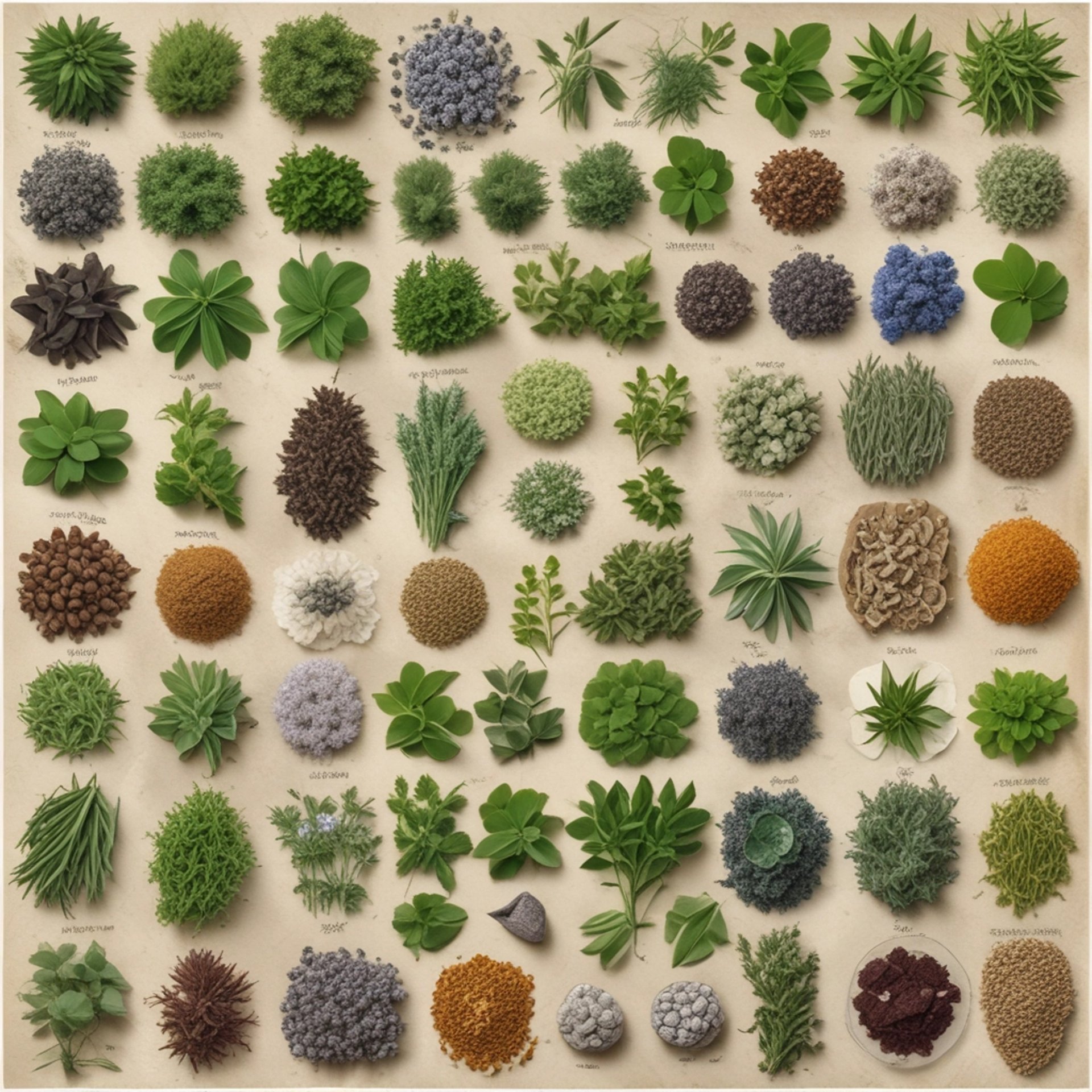
Understanding Uterine Fibroids: How They Impact Women's Lives and Natural Support Options
This article contains affiliate links. As an Amazon Associate, I earn from qualifying purchases at no additional cost to you.
Uterine fibroids affect millions of women worldwide, yet many suffer in silence, unaware that their symptoms may be connected to these benign growths in the uterus. Understanding how fibroids impact daily life and exploring natural support options can be empowering for women seeking comprehensive wellness approaches.
What Are Uterine Fibroids?
Uterine fibroids are non-cancerous growths that develop in or around the uterus. While they're incredibly common—affecting up to 80% of women by age 50—their impact varies dramatically from person to person. Some women experience no symptoms at all, while others find their quality of life significantly affected.
The Hidden Impact: How Fibroids Affect Women's Lives
Living with uterine fibroids can create a ripple effect that touches every aspect of a woman's life. The physical symptoms often lead to emotional and social challenges that many don't anticipate.
Physical Symptoms Women May Experience:
Heavy menstrual bleeding - Often the most disruptive symptom, leading to fatigue and anemia
Prolonged periods lasting more than seven days
Severe menstrual cramps and pelvic pain
Pressure and bloating in the lower abdomen
Frequent urination due to pressure on the bladder
Constipation when fibroids press against the rectum
Back pain and leg pain from larger fibroids
Pain during intercourse affecting intimate relationships
Fatigue and weakness from blood loss and disrupted sleep
Abdominal enlargement that may be mistaken for weight gain
Beyond Physical Symptoms: The Broader Impact
The effects of fibroids extend far beyond physical discomfort. Many women report feeling frustrated by the unpredictability of their symptoms, leading to anxiety about planning activities or traveling. Career performance may suffer due to frequent absences or decreased energy levels. Relationships can be strained when pain affects intimacy or when partners don't fully understand the condition.
Natural Support: Exploring Herbal Options
While medical treatment should always be the primary consideration for managing fibroids, many women are interested in natural approaches that may provide additional support. Several herbs have been traditionally used and studied for their potential benefits in supporting women's reproductive health.
Important Note: Always consult with your healthcare provider before starting any supplement regimen, especially if you have existing medical conditions or are taking medications.
Promising Herbal Supplements
Vitex (Chaste Tree Berry) Often called the "women's herb," Vitex has been traditionally used to support hormonal balance. Some research suggests it may help regulate menstrual cycles and reduce certain symptoms associated with hormonal fluctuations. Vitex is thought to work by influencing the pituitary gland's production of certain hormones.
Green Tea Extract Rich in powerful antioxidants called catechins, Green Tea Extract has shown promise in preliminary studies for supporting cellular health. The anti-inflammatory properties of Green Tea Extract may provide general wellness benefits, though more research is needed specifically for fibroid management.
Turmeric This golden spice contains curcumin, a compound renowned for its anti-inflammatory properties. Turmeric has been used for centuries in traditional medicine, and modern research supports its potential anti-inflammatory effects. Many women find Turmeric helpful as part of an overall wellness routine.
Milk Thistle Traditionally used to support liver health, Milk Thistle may be beneficial since the liver plays a crucial role in hormone metabolism. By supporting liver function, Milk Thistle may indirectly support hormonal balance, though direct effects on fibroids haven't been definitively proven.
Black Cohosh Long used by Native Americans for women's health issues, Black Cohosh is often studied for its potential hormone-like effects. Some women report that Black Cohosh helps with various menstrual-related symptoms, though individual responses vary significantly.
Dandelion Root Often dismissed as a weed, Dandelion Root has been traditionally used to support liver and kidney function. Since proper elimination of hormones is important for overall hormonal health, Dandelion Root may provide supportive benefits as part of a comprehensive wellness approach.
Ashwagandha This adaptogenic herb has gained popularity for its potential stress-reducing properties. Since chronic stress can impact hormonal balance, Ashwagandha may provide indirect benefits by supporting the body's stress response. Many women find Ashwagandha helpful for overall energy and well-being.
Important Considerations
While these natural options show promise, it's crucial to understand that:
Supplements are not regulated by the FDA in the same way as medications
Individual responses to herbs can vary significantly
Some herbs may interact with medications or other supplements
Quality can vary between different brands and products
Results, if any, typically take time to become apparent
A Holistic Approach to Wellness
Managing fibroids effectively often requires a multi-faceted approach that may include medical treatment, lifestyle modifications, stress management, and potentially supportive supplements. Diet, exercise, and stress reduction techniques can all play important roles in overall reproductive health.
Take Action for Your Health
If you're dealing with symptoms that might be related to uterine fibroids, don't suffer in silence. Start by consulting with a healthcare provider who can properly diagnose your condition and discuss treatment options.
For those interested in exploring natural support options, the supplements mentioned above are available through the following links:
For more comprehensive information about natural approaches to women's health and additional resources, visit Herbal Women's Health where you can find expert guidance and community support.
Disclaimer: This article is for informational purposes only and should not be considered medical advice. Always consult with qualified healthcare professionals before making decisions about your health or starting any supplement regimen. The statements regarding supplements have not been evaluated by the Food and Drug Administration and are not intended to diagnose, treat, cure, or prevent any disease.
Affiliate Disclosure: This article contains affiliate links to Amazon products. If you purchase through these links, I may earn a small commission at no additional cost to you. This helps support the creation of helpful content while allowing you to access quality products. I only recommend products I believe may be beneficial, but individual results may vary.